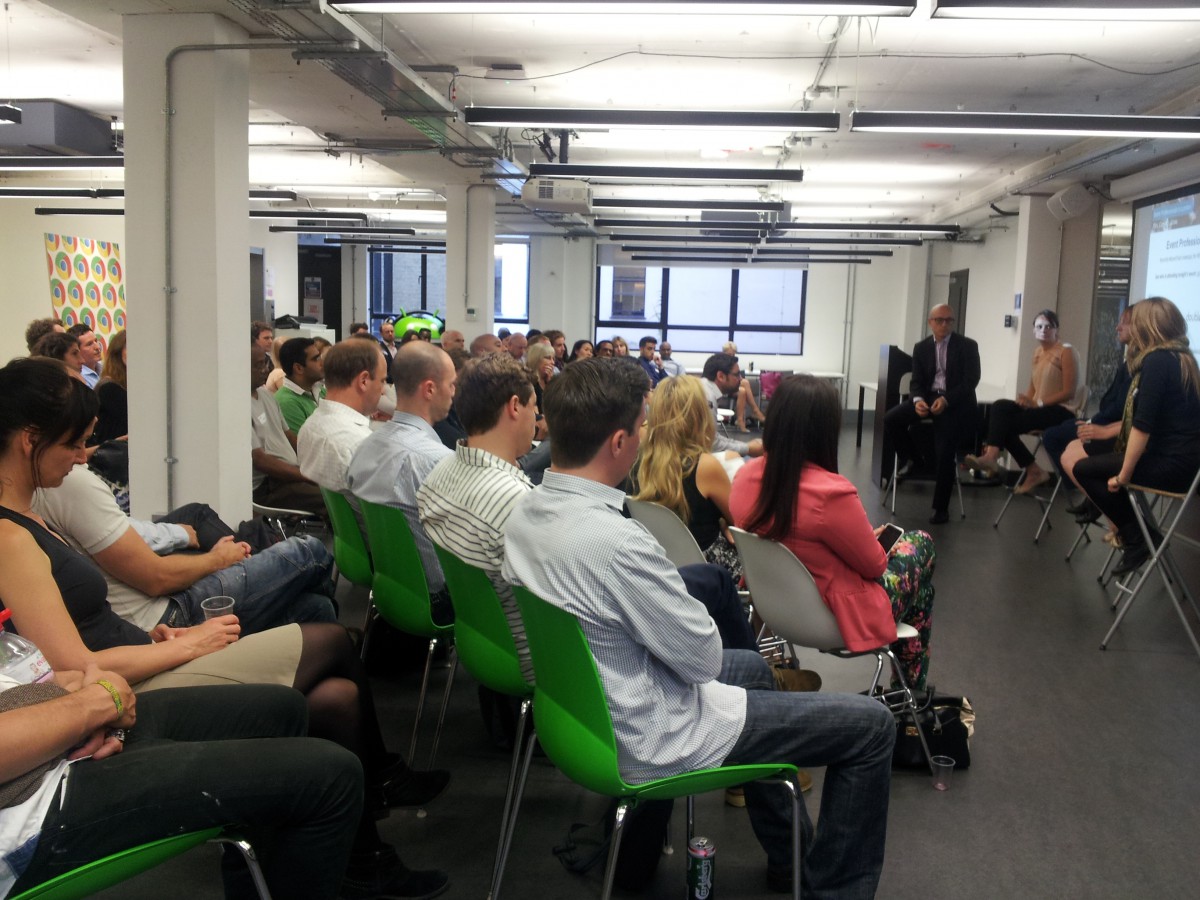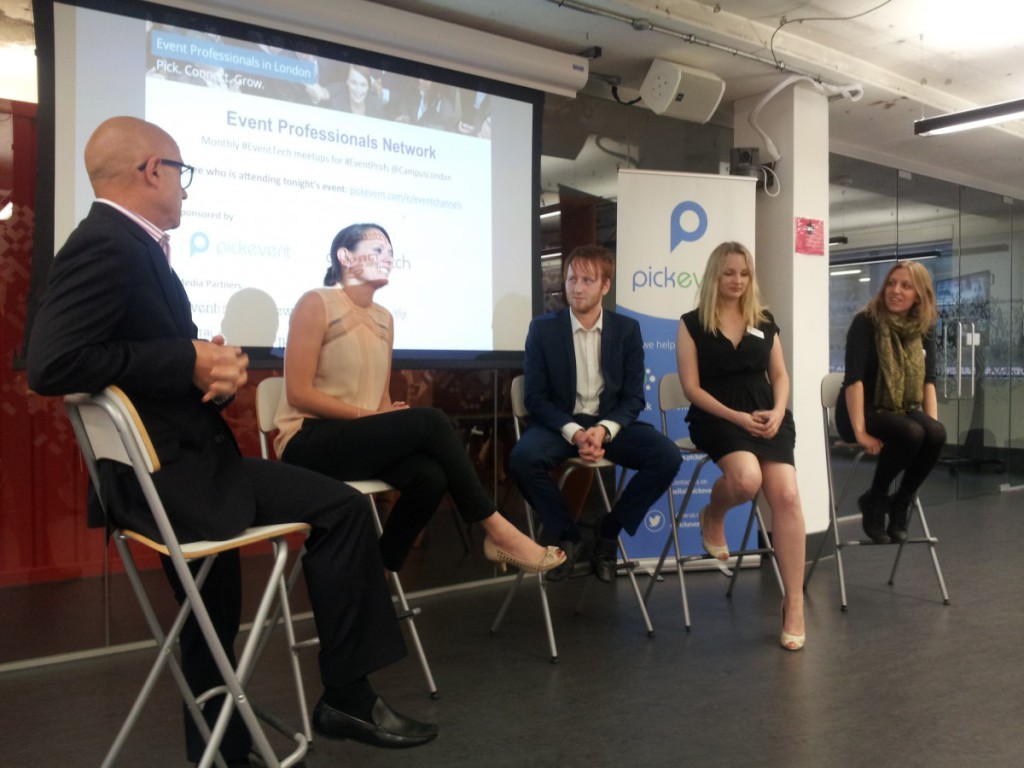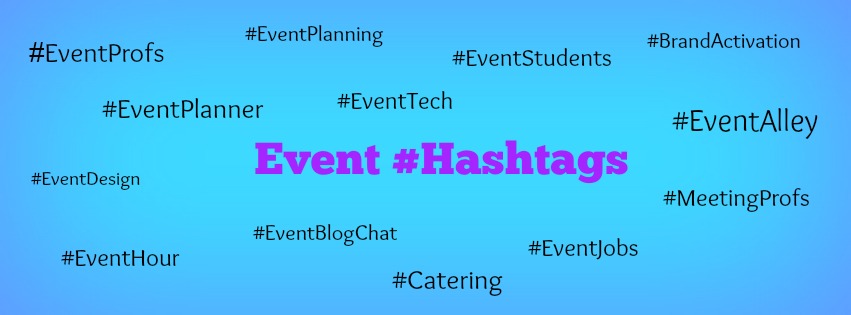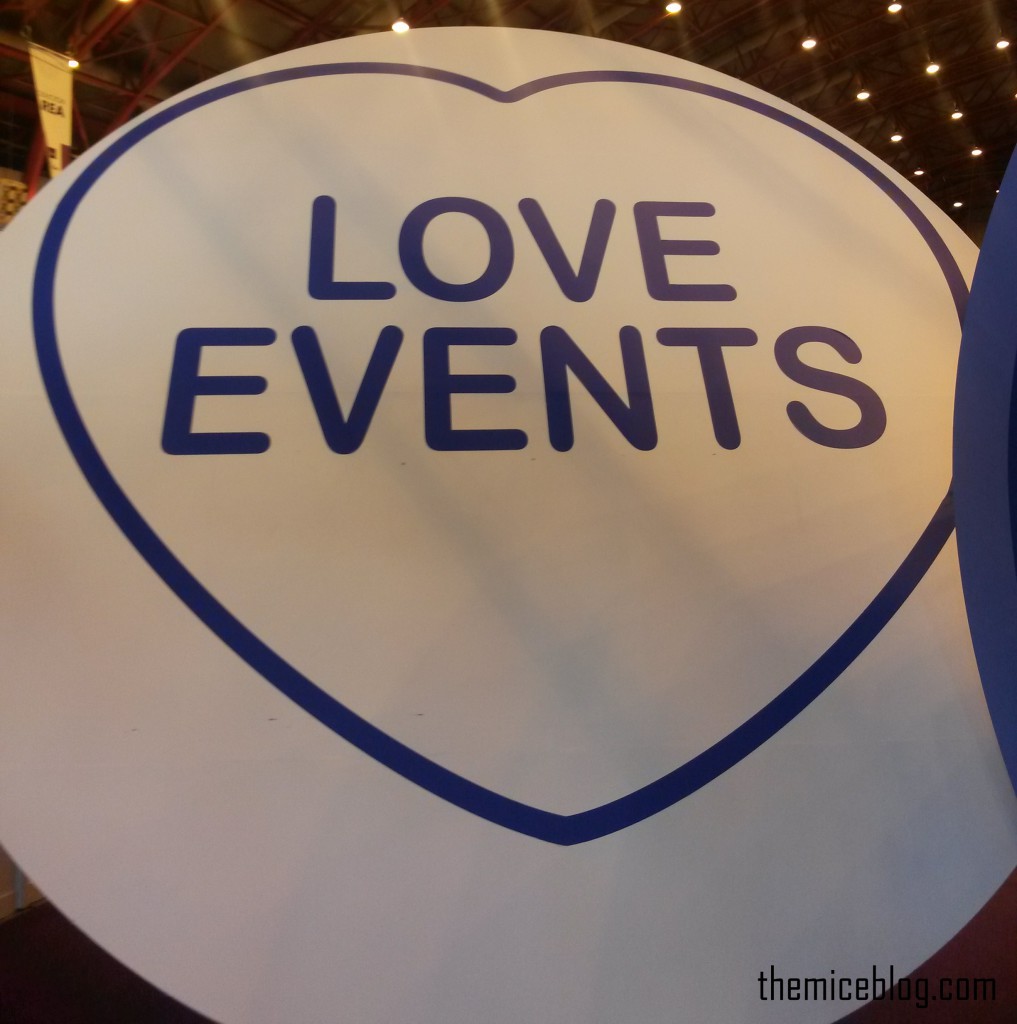Hello eventprofs! Here we go with a post I’ve been waiting to share with you since couple of weeks and finally have the time to do it (these past weeks have been crazy and full of events, expect some exciting news, updates and a new destination very soon!).
If you follow me on Facebook, Instagram and Twitter you know already that I was on a panel at an event organised by Pickevent three weeks ago at Google Campus on the topic “how to leverage event content”. I was on the panel together with Annie Byrne from Exhibitions News, Kim Benjamin from Event Magazine and Hellen Beveridge from Who’s Who in Events and Pure Rocket Science. It was a great honour to be invited as a blogger together with leading UK media outlets and share from my experience.
This time Sli.do, a live question and engagement platform was there and facilitated audience questions and interaction. They even prepared an excellent Infographic post event (see attached below). The audience asked fantastic questions but unfortunately we didn’t have time to answer them all in detail. But the GOOD NEWS IS: we will discuss them on our monthly #EventBlogChat on the 3rd of November and everyone can participate!
For now, I take this opportunity to share with you some of my content strategies:
Short and long blog content
There is an ongoing debate among blogger whether we should write short or long articles and I can agree with all the arguments for both short and long blog posts.
While on my blog I rather prefer to write long articles, on my social media channels I like to share bits of information, sometimes from the blog article or something that I am not going to blog about but worth sharing with you. These small bits of information are called live blogging, or micro-blogging, which I also usually do ‘on the go’ from an event. While liveblogging is an ongoing event coverage, micro-blogging is sharing bits of information on the social channels. For short blog content I use Twitter, Facebook and Instagram and only after the event I summarise the content, sort out the photos and share with you the full blog article. Another reason I like micro -logging is that (unfortunately!) I don’t have time to blog every day and micro-blogging allows me to keep you posted on exciting events and industry news!
The power of visual
I believe that visual communication is very important for event bloggers and picture can communicate stronger than words, or compliment them. We can share the beauty of a venue or the set-up and capture a memorable moment or experience. Therefore most of the time you will see photos on this blog and that is the main reason why I love Instagram so much. Just recently I published an article on “best ways to promote events using Instagram“.
Community engagement
The reason I keep writing and working hard on this blog is thanks to you! I enjoy meeting some of you at events, reading your comments, news, opinions and industry know-how. To keep the conversation going, three months ago I launched a monthly Twitter Chat which is called #EventPlannersTalk and every month we discuss different topic. We started with ‘how to promote events using social media’, then it was about sustainability and this month it was about ‘how to start an event planning business’. It is great to see that the conversation is still going and virtual networking happening! I am very excited and look forward to chatting with you next month about #Eventtech! You are welcome to suggest any questions on the topic in the comment section below or just tweet them to me on @themiceblog.
To conclude, this content strategy is maybe not suitable for everyone because it largely dependent on the type of events you organise and your audience. For me, being a B2B platform, I chose to focus on Twitter, Facebook and Instagram (And LinkedIn, but not as the main platform, more about it in a different post, as well as why Facebook is good for B2B). Other platform such as YouTube and Pinterest are also fantastic communication platforms to consider and I know bloggers who excel at leveraging their event content on these platforms.
I would love to hear your opinion on the topic! Do you have a content strategy for your blog and if yes how do you go about it?

Jose from Pickevent and Maria Schuett, Marketing Manager at Central Hall Westminster present the topic



Emma, Caitlin and Annie

Event Infographic by Sli.do











